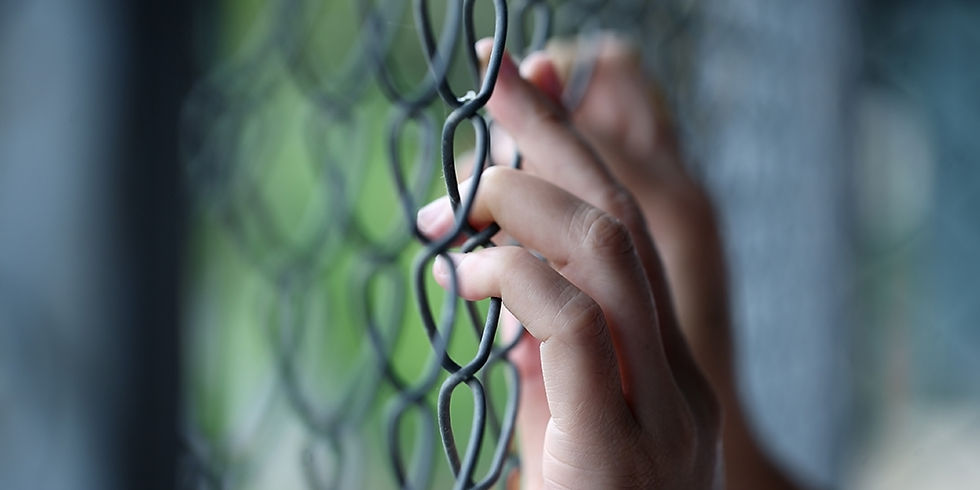Maternal Imprisonment: the views of the public
- Crest Advisory
- Jun 28, 2021
- 3 min read
Updated: Apr 23, 2025
Insights Perspective
Tuesday 28 September 2021

In January, the Government announced 500 new prison places for women at a cost of £150 million. This announcement provoked criticism from campaigners and charities working with women in the criminal justice system, as running counter to the Government’s own Female Offender Strategy, published on 27 June 2018, which set a target of reducing the number of women in prison.
The tragic case of ‘Woman A’, who lost her baby in HMP Bronzefield, has reignited the debate over the treatment of pregnant women in our prisons system. The Farmer Review, published in 2019 as part of the Female Offender Strategy, emphasised the wider relationship between parental imprisonment, reoffending and intergenerational crime. Yet, often, a child’s right to respect for family life is not a central concern when sentencing their primary carer - usually a mother.
As part of our research into maternal imprisonment, supported by the Hadley Trust, Crest conducted a nationally representative poll of 2,573 adults to seek their views on the treatment of women, especially pregnant women and mothers, in the criminal justice system.
Key findings:
The public are divided on whether pregnancy or motherhood should play a role in sentencing decisions.
Perhaps surprisingly, age is a more significant factor than gender in determining people’s views on many of the issues raised within our poll, with younger people often taking a more reformist stance.
Although understanding of the potential impacts of maternal imprisonment on children is low, there is clear support for a package of interventions for children whose mother is in prison
Our poll also suggests that whilst people are more likely than not to welcome the investment in this area allocated by the Government, a majority of people agreed that investment should be used to fund support services for women (56%) or alternatives to custody (52%)
Source data for the polling referenced in the blog can be found here.
The findings of our poll suggest that people are divided: over a third (37%) are less inclined to think a custodial sentence is right if they find out the offender is a mother; but 27% are more inclined and 36% feel the person’s circumstance shouldn’t make a difference to the outcome

Surprisingly, whether or not a woman was pregnant made less of a difference than if they were already a mother, with 45% saying this didn’t change their opinion. Persistent or violent previous offending were the only factors that made people substantially more likely to support a custodial sentence. Conversely, suffering from domestic abuse or mental health issues made people less likely to support a prison sentence.

Understanding of the impact of maternal imprisonment on children was low, with many believing that it would make no difference on the likelihood of a child developing a drug/alcohol dependency, being unemployed, or offending. Previous research has shown that these outcomes all are more likely.

However, there was clear agreement for a package of interventions for any child with a mum in prison – none of which currently exist. Nearly 3 in 4 (72%) agreed the child should be offered counselling, & a similar proportion agreed the council (75%) and school (74%) should be informed. Nearly two thirds (62%) agreed that financial support should be provided to family members who are responsible for looking after the child.

Support for government plans to build 500 prison places for women was mixed, with just under half (48%) supporting the plan, yet 56% also agreeing that the funding for the 500 new prison places should instead be used to fund support services, such as women's centres.


Find analysis on our polling from Esther Sample, Head of Policy, Research and Influencing at One Small Thing, here.
Find the final report for our project Counting the Cost of Maternal Imprisonment, including our findings and recommendations, here.


